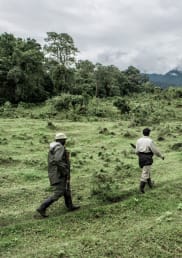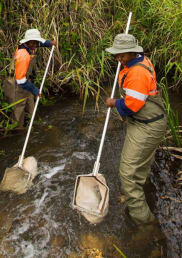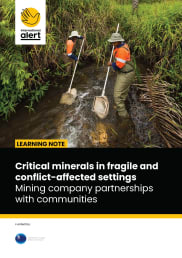Deriving maximum benefit from small-scale cross-border trade between DRC and Rwanda
Thousands of small-scale traders cross the border between the Democratic Republic of Congo and Rwanda every day, selling or purchasing goods, and facilitating access to goods and services unavailable in their own countries. However, some important questions related to this business remain unanswered, and this study attempts to address those issues.
In many African border regions, it is widely recognised that small-scale cross-border trade has the potential to contribute to food security, provide employment and allow millions of people to have inexpensive access to goods and services unavailable in their own countries. However, little attention has been given to the following issues:
- the types of infrastructure needed by small-scale cross-border traders for improving their working conditions
- the role played by cooperatives and small-scale traders’ associations
- the level of awareness and observance, among small-scale cross-border traders and border officials, of the existing CEPGL and COMESA trading protocols
This study focuses on two border crossings, Goma/Rubavu and Bukavu/Rusizi, as more than 90% of the smallscale trade between the two countries cross these borders (BNR reports). A total of 260 traders were surveyed (139 from DRC and 121 from Rwanda). Four focus groups and 25 individual in-depth interviews with traders and border officers were conducted.






